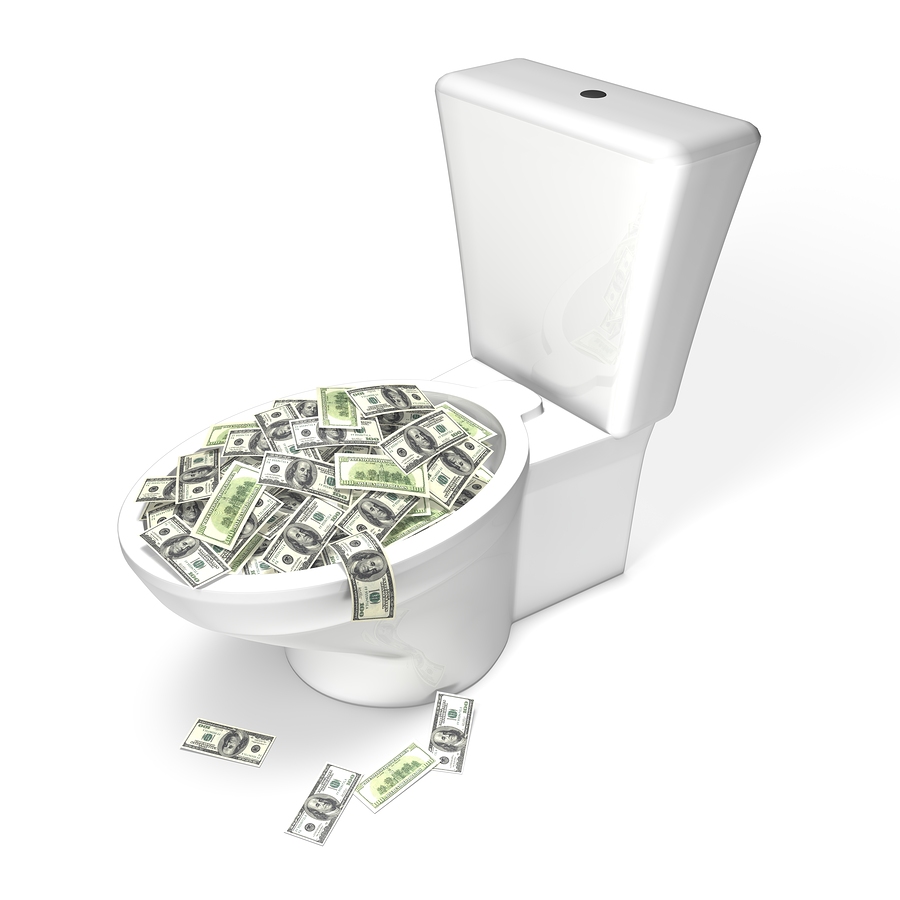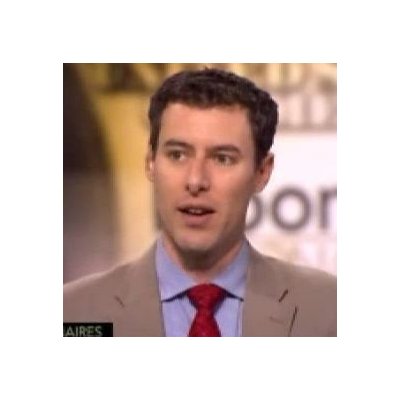
When the fundraising email hit his inbox in February, Terry Crouthamel sent $250 to Donald Trump's presidential campaign. Or rather, he thought he did. It wasn't until almost two months later that Crouthamel, a 63-year-old asphalt contractor in Allentown, Pennsylvania, learned the truth.
"I was under the impression it was going to Trump," he said in an interview last week. "I misread it, or was misled."
The money actually went to Great America PAC, an unrelated group that Trump has accused of confusing donors by using his name, image, and slogan-"Make America Great Again"-in mass fundraising emails and TV ads touting a 1-800 donation line. Started by a group of political operatives and a California diamond merchant, Great America says it wants to support Trump's quest for the Republican nomination and has already collected money from 20,000 people.
There's nothing unusual, let alone illegal, about an independent political action committee raising money to support a presidential candidate. Each of Trump's Republican rivals, Ted Cruz and John Kasich, has multiple independent groups known as super-PACs supporting his campaign. But Great America is different.
Those other super-PACs focus on raising money in increments of more than $2,700, the maximum that a donor is allowed to give directly to a candidate. Since they're not part of the campaign, super-PACs can collect bigger checks, often of $1 million or more, from a small pool of wealthy donors, and use the money to buy ads supporting the chosen candidate. Great America, however, has raised most of its money in smaller amounts from people like Crouthamel-people who could just as easily have given directly to the Trump campaign.
Great America is trying to insert itself in an unusual niche in the U.S. presidential fundraising landscape, created by an unusual candidate. On the campaign trail, the billionaire businessman boasts that his wealth frees him from having to kowtow to wealthy donors and lobbyists. He's spent more than $36 million of his own money on the race through March 31.
Many of Trump's fans send him money anyway, and he accepts it-he even has a "donate" button on his website, and he's gathered some $12 million from donors so far. But unlike the other candidates seeking the presidency, he hasn't made much active effort to solicit money.
That's a problem, Great America's organizers say, because Trump may need the help of donors for an expensive general-election contest against Hillary Clinton. That means assembling data on his supporters and how to reach them. If Trump won't do it, they say, they will do it for him.
"We saw a very important gap that needs to be filled, and so we stepped up to fill that gap," said Jesse Benton, a Republican political operative working with the group. Through March 31, the group has attracted about $200,000 in cash donations, and spent around the same amount on advertising and other expenses, Federal Election Commission filings show. Organizers say it's already more than doubled fundraising since then.
The Trump campaign says it's concerned the group's donors may think they're funding Trump, "when in fact they are supporting an unauthorized effort, one which is subject to no oversight," according to a March 23 letter from Trump's campaign lawyer, Donald McGahn, to Great America that was made public last week by Bloomberg BNA. McGahn demanded the group stop using Trump's name and image, and refund all the money it's raised in his name. Neither he nor the Trump campaign responded to requests for further comment.
The ads and emails are worded carefully and identify the sponsor as Great America PAC even as they focus on Trump. Benton said he doesn't think it's very likely people would be confused by them. "We really take a lot of pain and effort to make it clear who we are," he said. The group complied with an earlier request from the Trump campaign to change its name from TrumPAC.
Unauthorized groups that invoke the name of a popular candidate or cause to raise money aren't uncommon, or illegal, in the world of political fundraising. Sometimes, these groups spend little of their funds actually supporting their stated cause, and instead mostly benefit their organizers.
"Anyone can set one of these up," said Brett Kappel, who specializes in political law at Akerman LLP in Washington. "It's buyer beware-you have to exercise due diligence before giving money over the Internet."
All of the "principals" of Great America are volunteering their time, according to Benton. "We believe in the cause and want to pump every last dollar into supporting Mr. Trump," he said in an email, noting that some of the organizers are also its biggest donors.
Benton said he couldn't rule out that he or other officials might be compensated later, depending on the group's success. One transaction that might be in the group's future: selling or otherwise transferring its list of Trump donors to the campaign for use during the general election, said Dan Backer, the group's treasurer.
Benton, who is based in Kentucky, is scheduled to go on trial in federal court in Iowa this week on unrelated charges that he helped create false financial-disclosure records during Ron Paul's 2012 presidential campaign. He says he's innocent. In an email, he noted he was acquitted in a related trial last year over claims he lied to the FBI. "It's been an incredibly grueling ordeal," he said.
The seed money to start Great America came in January from a pair of former Rand Paul supporters in California: William Doddridge of Tustin, the owner of a chain of high-volume diamond stores; and Eric Beach of Costa Mesa, a veteran political operative. Each put in $25,000, and in March, Doddridge loaned the group another $250,000, FEC filings show.
During Great America's first weeks of fundraising, donors were told that the first $5 of their contribution would be sent directly to the candidate. Backer said he mailed the checks to Trump-more than $5,000 in all-but so far they have been neither cashed nor returned.
He said he dropped the policy in March.
Of the $199,295 Great America raised in cash contributions through March 31, 66 percent came in increments of $200 or less, donations that legally could have gone directly to the Trump campaign. By comparison, only 5 percent of donations were below that threshold at Keep the Promise PAC, supporting Cruz, and less than 1 percent at New Day for America, backing Kasich.
Great America's organizers say they want to attract big donors, but those haven't come through yet. Still, Great America is serving a valid role in collecting small donations because Trump isn't actively soliciting them, Beach said in an interview.
One recent 60-second TV ad run by Great America in Detroit features a picture of Trump over a banner with a toll-free number.
Viewers who call in are asked to dial "1" if they think it would be wrong for the GOP to deny Trump the nomination through a contested convention (there is no other option given). Then they're asked for a donation and connected to a call center.
Mary Bogucki sent $5 to the PAC in January. In an interview, she said she supports Trump but she doesn't remember having made the gift and doesn't recall the name Great America. A landlord in Commerce Township, Michigan, she said she's been inundated with emails from various Republicans begging for money. Automated calls asking her to send money to Cruz have been particularly annoying.
"I'm fed up with it," she said. "I don't trust whoever asks for money anymore."


 Contact The Editor
Contact The Editor
 Articles By This Author
Articles By This Author
